| |

Home
|
|
| |
1963-2013: Desegregation—Integration Reflections
Reactions upon hearing that USC was going to be desegregated “The most interesting fact surrounding my entry into the University of South Carolina
is that if ‘they’ had just had the courage to admit me, a child of taxpaying citizens
of the State of South Carolina, without requiring a court’s intervention and order,
I likely would not have ever passed through the portals.” Henrie Monteith Treadwell |
| |
|
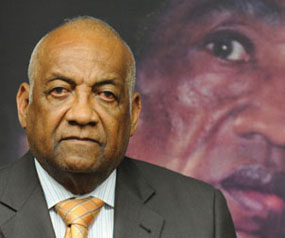
“It’s about time, and you really owe me an apology for not letting me enroll. And, I felt some resentment because, after all, the State had taken my mother’s and father’s hard earned tax dollars and educated white people, but USC would not let me attend. I lived within walking distance of the University and, while in high school at Booker T. Washington, I couldn’t even walk through the campus—public land.
I worked for the law firm that represented Henri Monteith in the law suit against the University. While USC voluntarily desegregated, I always wondered if they really wanted to allow Negro students to enroll. After Clemson, they saw that universities would change, and they couldn’t prevent desegregation.”
Hemphill P. Pride II |
|
|
|
|
| |
|
|
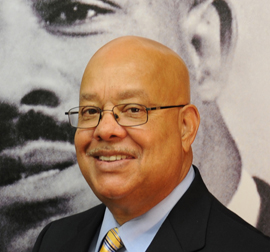
“Shock, surprise, pleasure—mixed feelings. Perhaps my dominant feeling was concern for the three who were so brave to take the step to desegregate the university. I was concerned about how they were going to be treated. While there may no longer have been overt discrimination with their admission to the university, I knew that there would be covert discrimination against them. One thought, however, that never entered my mind was whether they were qualified. I was confident that these three black students were more than capable and would excel at this university. And I had great confidence that if Matthew Perry was involved, then steps had been taken to ensure their safety.” I. S. Leevy Johnson |
|
|
| |
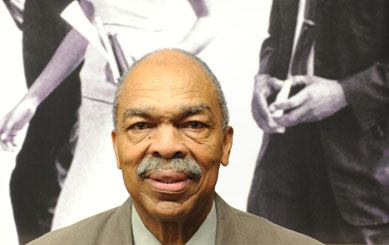
“It’s about time!
You would have thought that the university here
would have done it first rather than Clemson.”
James
Felder
|
| |
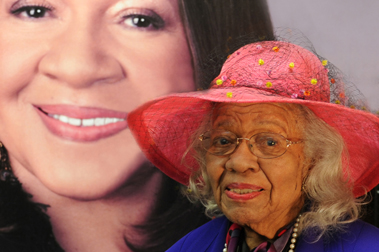
“We were expecting a positive outcome from the court case and were very glad to have the matter decided. It was wonderful feeling to know that the university was going to be desegregated and to know that we were part of this cultural change. There were certainly difficult times but progress was made.” Martha C. Monteith
|
| |
|
|
|
|
|
|
|
|
|
|
|
|
|
|
|
|
| |
|
|
|
|
|
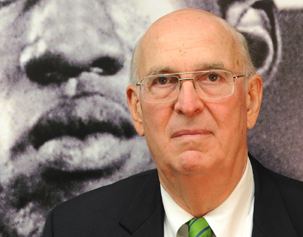
“For a couple of years, I had been part of a small effort by the South Carolina Council on Human Relations to periodically bring together African-American and white college students for discussions. The Council was doing this to help pave the way for the ultimate desegregation of higher education. Anyone who had been half awake and following events in Mississippi, Alabama, and Georgia knew it was only a matter of time before federal courts would require South Carolina to desegregate its universities. After Harvey Gantt entered Clemson, it was even less of a surprise that USC would be next. I was very pleased by all this because I was personally committed to desegregation.” Hayes Mizell |
|
|
| |
|
|
|
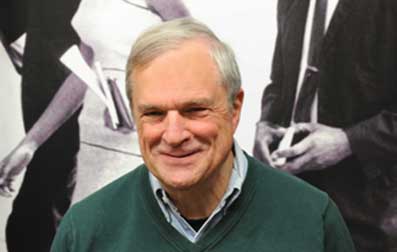
“I was a freshman and didn’t know what college life would be like. I came on campus that first day and there seemed to be tremendous excitement and energy. I was walking across the Horseshoe and saw these celebrity news people, and I thought this is amazing! College is going to be great! Certainly I was aware that students would be desegregating USC, but it was also my first day of college, and I had no idea whether this excitement was unique or standard for college registration day. People were excited about change but most of us had no idea what that change would bring. Some students thought there would be riots and demonstrations. Actually, there were only three African Americans on campus, and many USC students never saw them throughout their careers at the university.” Thorne Compton |
|
| |
|
|
|
|
|
|
|
|
|
|
|
|
|
|
|
|
|
|
|
|
|
|
|
|
|
|
|
|
|
|
|
|
|
|
|
|
|
|
|
|
|
|
|
|
|
|
|
|
|
|
|
|
|
|
|
|
|
|
|
|
|
|
|
|
|
|
|
|
|
|
|
|
|
|
|
|
|
|
|
|
|
|
|
|
|
|
|
|
|
|
|
|
|
|
|
|
|
|
|
|
|
|
|
|
|
|
|
|
|
|
|
|
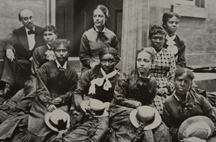

![]()


